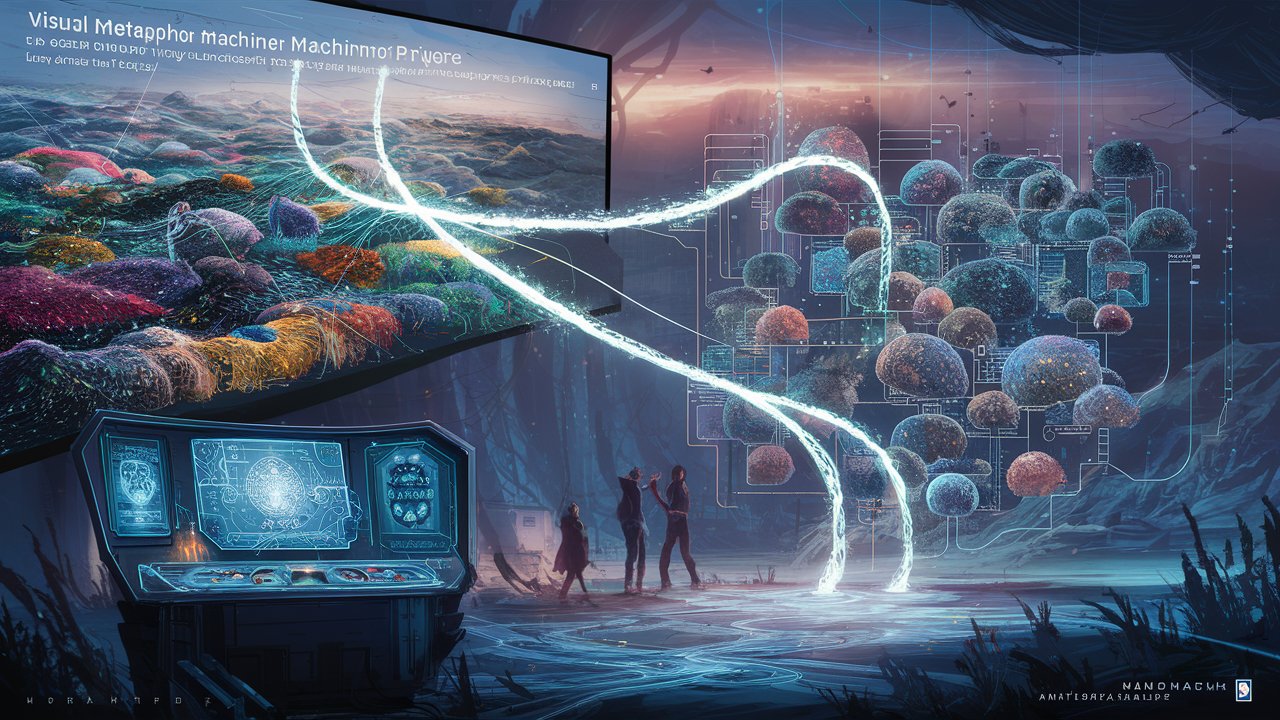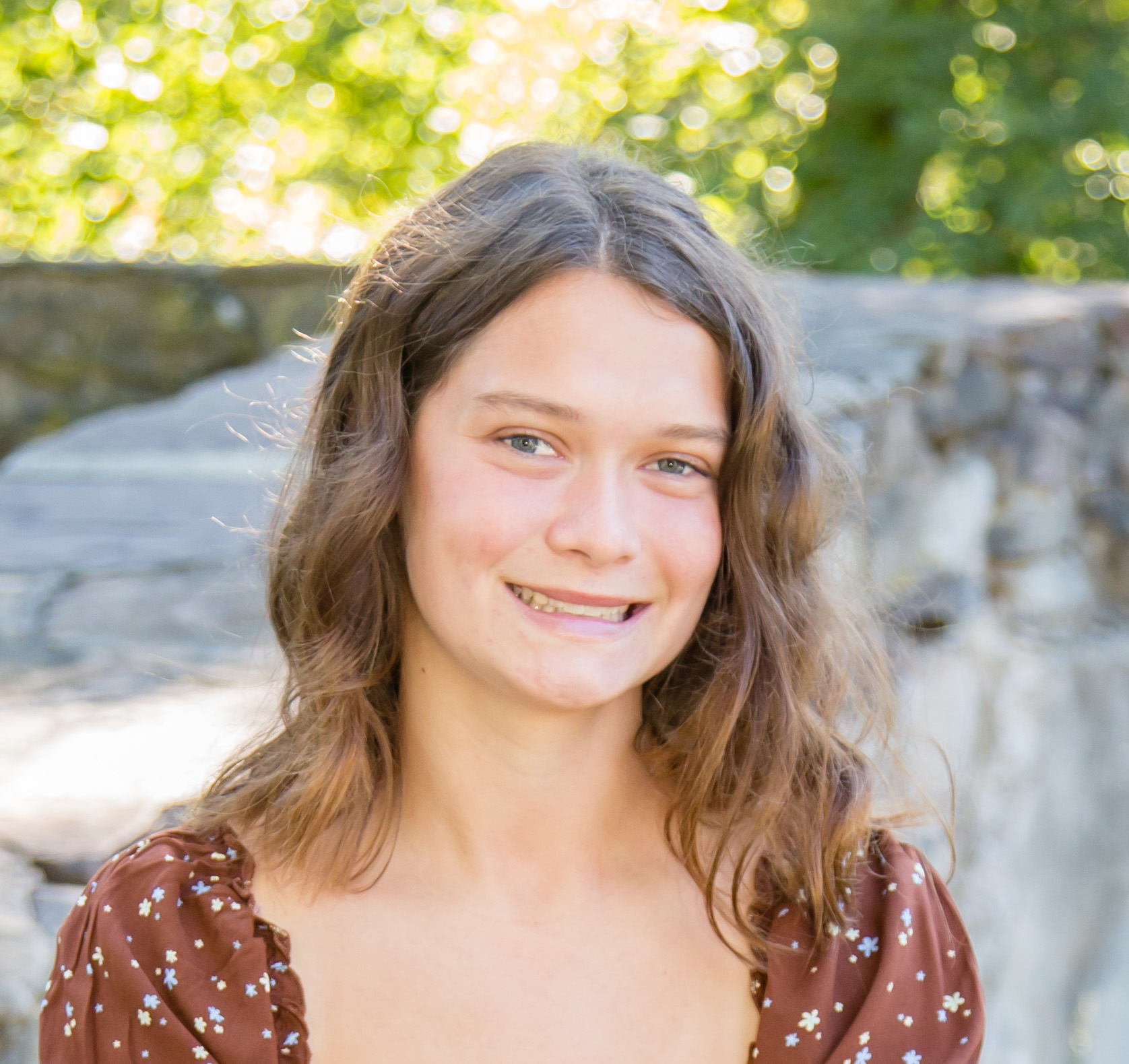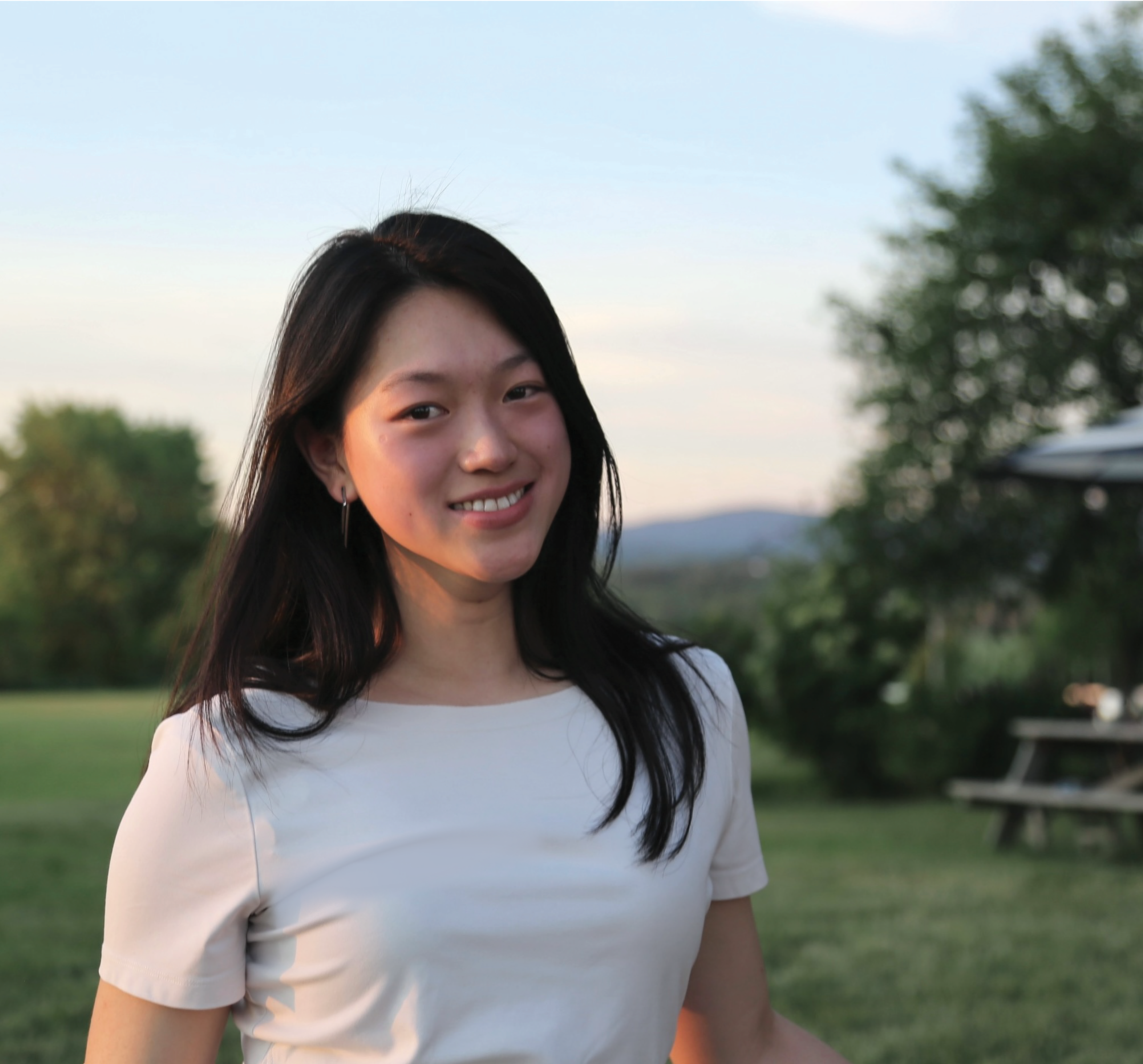
Addressing Science-related Misinformation: Exploring Cross-Cultural Differences and NGO Responses
Communication Studies
The key focus of the research is the relationship between vaccine hesitancy and climate change denial because of misinformation, specifically on how it is perceived because of social media.


Software Tools to Support Climate Change Reporting: Addressing Gaps and Needs among Journalists
Journalism
This research project seeks to design software tools for journalists covering climate change in order to address gaps and needs. The study involves interviews with professional U.S. and international climate journalists.


Climate Journalism and Social Media: Analyzing Practices on Twitter
Journalism
Amid mass spread of climate misinformation and disinformation on social media platforms, climate journalists attempt to disseminate accurate climate change information via social media.


User Engagement with Climate Activism on TikTok
Journalism
In recent years, the social media platform TikTok has become a stage for activism, especially among young adults. However, research is relatively limited on the subject, especially content relating to climate activism.


Building a Visual Metaphor Machine
CAMD
What if we could take a raw dataset and harness AI to generate a portrait of the data? The Visual Metaphor Machine project is an initiative that aims to redefine the boundaries of data exploration and visualization.


User Engagement with Climate Activism on TikTok
Journalism
In recent years, the social media platform TikTok has become a stage for activism, especially among young adults. However, research is relatively limited on the subject, especially content relating to climate activism.


Building a Visual Metaphor Machine
CAMD
What if we could take a raw dataset and harness AI to generate a portrait of the data? The Visual Metaphor Machine project is an initiative that aims to redefine the boundaries of data exploration and visualization.


Addressing Science-related Misinformation: Exploring Cross-Cultural Differences and NGO Responses
Communication Studies
The key focus of the research is the relationship between vaccine hesitancy and climate change denial because of misinformation, specifically on how it is perceived because of social media.


Software Tools to Support Climate Change Reporting: Addressing Gaps and Needs among Journalists
Journalism
This research project seeks to design software tools for journalists covering climate change in order to address gaps and needs. The study involves interviews with professional U.S. and international climate journalists.


Climate Journalism and Social Media: Analyzing Practices on Twitter
Journalism
Amid mass spread of climate misinformation and disinformation on social media platforms, climate journalists attempt to disseminate accurate climate change information via social media.

Carousel with one slide shown at a time. Use the Previous and Next buttons to navigate.

Building a Visual Metaphor Machine
CAMD
What if we could take a raw dataset and harness AI to generate a portrait of the data? The Visual Metaphor Machine project is an initiative that aims to redefine the boundaries of data exploration and visualization.


Addressing Science-related Misinformation: Exploring Cross-Cultural Differences and NGO Responses
Communication Studies
The key focus of the research is the relationship between vaccine hesitancy and climate change denial because of misinformation, specifically on how it is perceived because of social media.


Software Tools to Support Climate Change Reporting: Addressing Gaps and Needs among Journalists
Journalism
This research project seeks to design software tools for journalists covering climate change in order to address gaps and needs. The study involves interviews with professional U.S. and international climate journalists.


Climate Journalism and Social Media: Analyzing Practices on Twitter
Journalism
Amid mass spread of climate misinformation and disinformation on social media platforms, climate journalists attempt to disseminate accurate climate change information via social media.


User Engagement with Climate Activism on TikTok
Journalism
In recent years, the social media platform TikTok has become a stage for activism, especially among young adults. However, research is relatively limited on the subject, especially content relating to climate activism.

Faculty
Current Students
Projects and Publications
Cruz, P., Wihbey, J., Ghael, A., Costa, S., Chao, R., and Shibuya, F. 2018. “Process of simulating tree rings for immigration in the U.S.” In IEEE VIS Arts Program Annotated Projects. Berlin, Germany.
Cruz, P., Wihbey, J. 2018. “200 Years of U.S. Immigration Looks Like the Rings of a Tree.” National Geographic. [online]
Howe, J., Bajak, A., Kraft, D., and Wihbey, J. 2017. “Collaborative, Open, Mobile: A Thematic Exploration of Best Practices at the Forefront of Digital Journalism.” Storybench. [working paper, download]
Wihbey, J., Beaudet, M., and Cruz, P. 2017. “There are huge holes in how the U.S. states investigate politicians’ conflicts of interest.” Washington Post/Monkey Cage. [online]
De la Torre-Arenas, I. and Cruz, P. 2017. “A taxonomy of motion applications in data visualization.” In Proceedings of Expressive’17 – The joint symposium on Computational Aesthetics and Sketch Based Interfaces and Modeling and Non-Photorealistic Animation and Rendering, Los Angeles, article 7. [ACM]
Wihbey, J. and Beaudet, M. 2017. “State-level Policies for Personal Financial Disclosure: Exploring the Potential for Public Knowledge on Conflict-of-Interest Issues.” In Proceedings of Law & Policy Division, Association for Education in Journalism and Mass Communication Conference. [AEJMC]
Offenhuber, D.. 2017. Waste Is Information — Infrastructure Legibility and Governance. Cambridge: MIT Press [link]
Offenhuber, D. 2017. “Maps of Daesh – the Cartographic Warfare Surrounding Insurgent Statehood.” GeoHumanities. [pdf][link]
Sam, A. and Offenhuber, D. 2017. “Auditive Space – Its Limitations and Its Materiality.” GAM. Architecture Magazine, no. 13. [pdf]
Offenhuber, D. 2017. “Sticky data – context and friction in the use of urban data proxies.” In Data and the City. ed. Rob Kitchin, Tracey P. Lauriault, and Gavin McArdlel. New York: Routledge. [pdf]
Wihbey, J. and Beaudet, M. 2016. “Transparency, Corruption, and the Information Needs of Communities: The Case of Personal Financial Disclosure”. Northeastern University School of Law Research Paper No. 278-2016. [SSRN]
Offenhuber, D. 2016. “Urban Entropy.” In What Urban Media Art Can Do: Why When Where and How?, edited by Susa Pop, Tanya Toft, Nerea Calvillo, and Mark Wright. S.l.: Av Edition Gmbh.
Offenhuber, D. 2016. “The Transactionalization of Infrastructure as a Case for Accountability-Oriented Design”. Design and the City Conference, Amsterdam. [pdf]
- Diversity Explorer: Boston, Households, Entropy (in beta), which examines racial and linguistic variation across households in Boston, using Census microdata, and visualizes the data using metaphor;
- The 2020 Election Tracker (ongoing), which is part of the Storybench.org project’s efforts to provide novel insights on the U.S. election by analyzing news coverage and social media data. As part of this, the Co-Lab has been helping colleagues with the DebateVis project, run by the Northeastern InterVis Lab;
- The Fabric of Online Speech project (planning stage), which is leveraging social media data from Twitter, Reddit and Facebook to visualize contentious communications in digital space;
- Climate Narrative Explorer (in beta), which is building tools to analyze climate change coverage in more sophisticated ways, using sentiment analysis and examining narrative arcs in stories.
- The Computation + Journalism Symposium 2020, which is being hosted on March 20-21 at Northeastern University and which the Data Impact Co-Lab is helping to organize.









